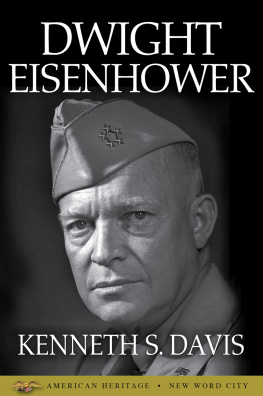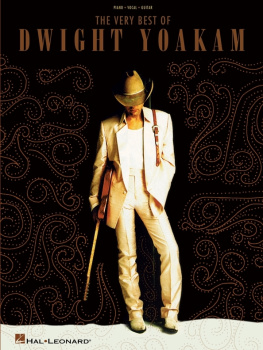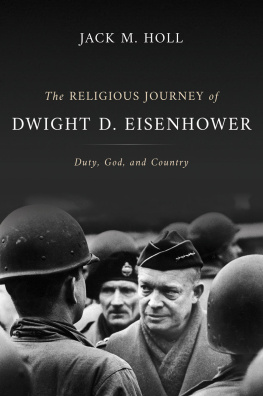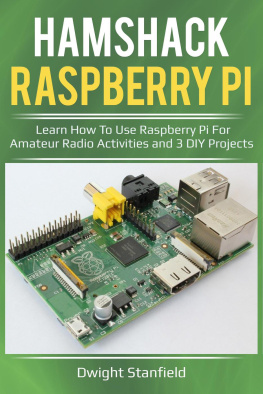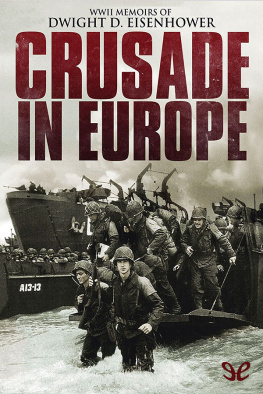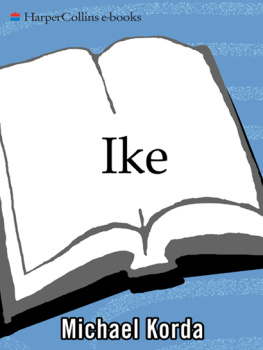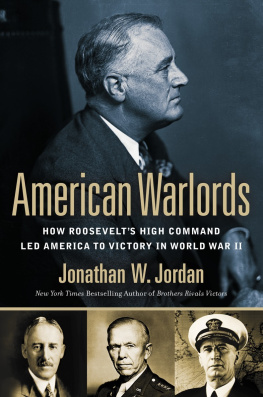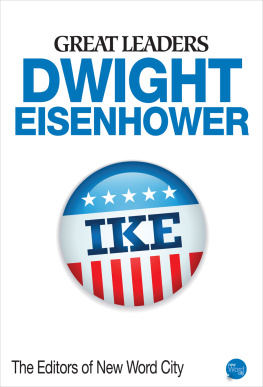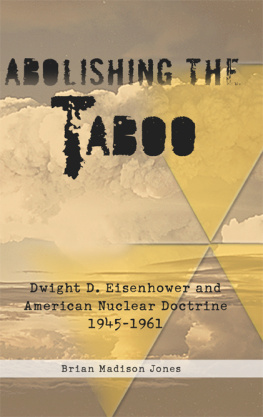1. Statement by Secretary Dulles,
September 4, 1958
I have reviewed in detail with the President the serious situation which has resulted from aggressive Chinese Communist military actions in the Taiwan (Formosa) Straits area. The President has authorized me to make the following statement.
1. Neither Taiwan (Formosa) nor the islands of Quemoy and Matsu have ever been under the authority of the Chinese Communists. Since the end of the Second World War, a period of over 13 years, they have continuously been under the authority of Free China, that is, the Republic of China.
2. The United States is bound by treaty to help to defend Taiwan (Formosa) from armed attack and the President is authorized by joint resolution of the Congress to employ the Armed Forces of the United States for the securing and protecting of related positions such as Quemoy and Matsu.
3. Any attempt on the part of the Chinese Communists now to seize these positions or any of them would be a crude violation of the principles upon which world order is based, namely, that no country should use armed force to seize new territory.
4. The Chinese Communists have, for about 2 weeks, been subjecting Quemoy to heavy artillery bombardment and, by artillery fire and use of small naval craft, they have been harassing the regular supply of the civilian and military population of the Quemoys, which totals some 125,000 persons. The official Peiping radio repeatedly announces the purpose of these military operations to be to take by armed force Taiwan (Formosa), as well as Quemoy and Matsu. In virtually every Peiping broadcast Taiwan (Formosa) and the offshore islands are linked as the objective of what is called the "Chinese Peoples Liberation Army."
5. Despite, however, what the Chinese Communists say, and so far have done, it is not yet certain that their purpose is in fact to make an allout effort to conquer by force Taiwan (Formosa) and the offshore islands. Neither is it apparent that such efforts as are being made, or may be made, cannot be contained by the courageous, and purely defensive, efforts of the forces of the Republic of China, with such substantial logistical support as the United States is providing.
6. The joint resolution of Congress, above referred to, includes a finding to the effect that "the secure possession by friendly governments of the western Pacific island chain, of which Formosa is a part, is essential to the vital interests of the United States and all friendly nations in and bordering upon the Pacific Ocean." It further authorizes the President to employ the Armed Forces of the United States for the protection not only of Formosa but for "the securing and protection of such related positions and territories of that area now in friendly hands and the taking of such other measures as he judges to be required or appropriate in assuring the defense of Formosa." In view of the situation outlined in the preceding paragraph, the President has not yet made any finding under that resolution that the employment of the Armed Forces of the United States is required or appropriate in insuring the defense of Formosa. The President would not, however, hesitate to make such a finding if he judged that the circumstances made this necessary to accomplish the purposes of the joint resolution. In this connection, we have recognized that the securing and protecting of Quemoy and Matsu have increasingly become related to the defense of Taiwan (Formosa). This is indeed also recognized by the Chinese Communists. Military dispositions have been made by the United States so that a Presidential determination, if made, would be followed by action both timely and effective.
7. The President and I earnestly hope that the Chinese Communist regime will not again, as in the case of Korea, defy the basic principle upon which world order depends, namely, that armed force should not be used to achieve territorial ambitions. Any such naked use of force would pose an issue far transcending the offshore islands and even the security of Taiwan (Formosa). It would forecast a widespread use of force in the Far East which would endanger vital free-world positions, and the security of the United States. Acquiescence therein would threaten peace everywhere. We believe that the civilized world community will never condone overt military conquest as a legitimate instrument of policy.
8. The United States has not, however, abandoned hope that Peiping will stop short of defying the will of mankind for peace. This would not require it to abandon its claims, however ill-founded we may deem them to be. I recall that in the extended negotiations which the representatives of the United States and Chinese Communist regime conducted at Geneva between 1955 and 1958, a sustained effort was made by the United States to secure, with particular reference to the Taiwan area, a declaration of mutual and reciprocal renunciation of force, except in self-defense, which, however, would be without prejudice to the pursuit of policies by peaceful means. The Chinese Communists rejected any such declaration. We believe, however, that such a course of conduct constitutes the only civilized and acceptable procedure. The United States intends to follow that course, so far as it is concerned, unless and until the Chinese Communists, by their acts, leave us no choice but to react in defense of the principles to which all peace-loving governments are dedicated.
2. White House Statement,
September 6, 1958
The President discussed the Taiwan Straits situation with the Secretary of State, the Secretary of the Treasury, the Secretary of Defense, and the Chairman of the Joint Chiefs of Staffmembers of the National Security Council. Also present were the Director of the United States Information Agency, the Director of the Office of Civil and Defense Mobilization, and the Acting Director of the Central Intelligence Agency. The Vice President, because of a long-standing out of town engagement, was unable to be present.
Consideration was given to measures which would conform to the policy enunciated on September 4 by the Secretary of State on the authority of the President. But particular note was taken of the reported radio statement of Mr. Chou En-lai indicating that the Chinese Communists were prepared to resume ambassadorial talks with the United States "in order to contribute further to the safeguarding of peace." These talks, which had been conducted in Europe for several years, were recently interrupted by the Chinese Communists.
So far the United States has not received any official word on this subject. We hope, however, that the reported statement of Mr. Chou En-lai is responsive to the urging, contained in our September 4 policy statement, that "armed force should not be used to achieve territorial ambitions," although such renunciation of force need not involve renouncing claims or the pursuit of policies by peaceful means. This is the course that the United States will resolutely pursue, in conforming with our vital interests, our treaty obligations, and the principles on which world order is based.
The United States has sought to implement that policy in its past talks at the ambassadorial level with the Chinese Communists. On July 28, 1958, and subsequently, we have sought a resumption of these talks.



